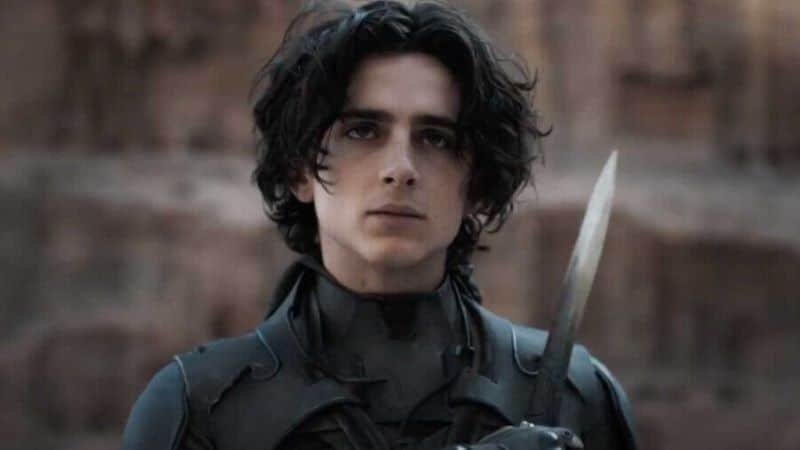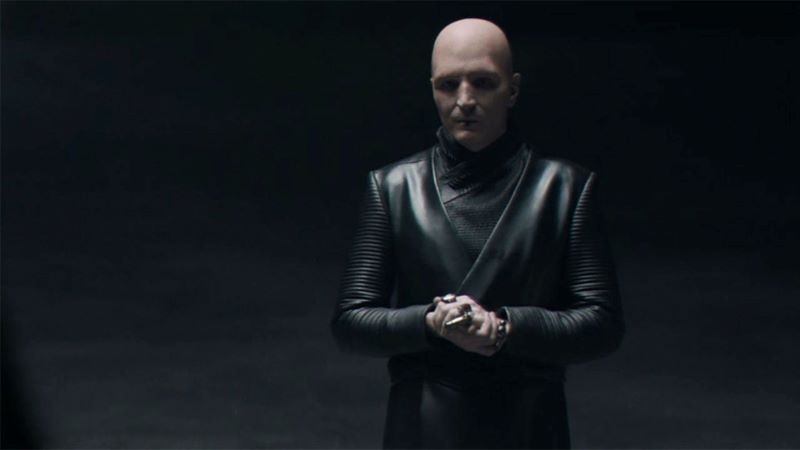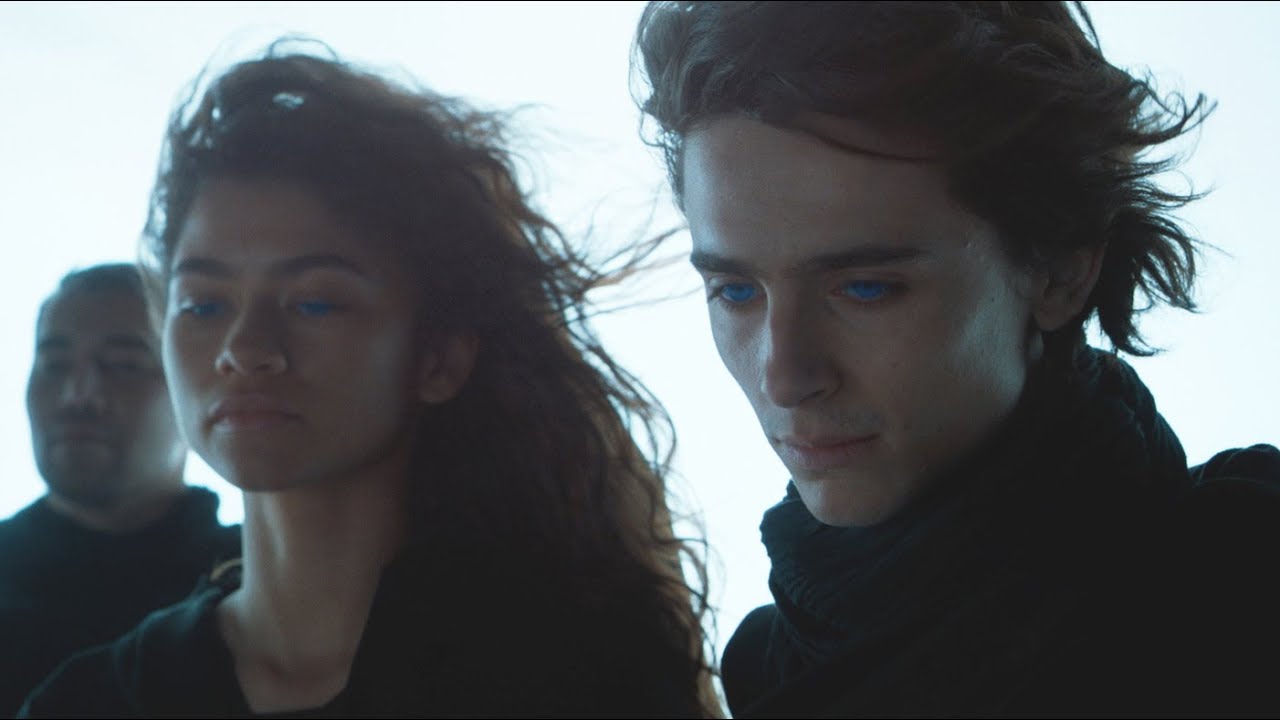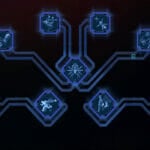The world believed Frank Herbert’s classic 1965 novel Dune to be unfilmable. The 1984 adaptation struggled across the finish line. It earned terrible reviews and poor box office returns for its efforts. Denis Villeneuve’s Dune made a titanic improvement and demonstrated how the novel could’ve been interpreted all along. The director recently stated that he’d love to turn his two-part epic into a trilogy with an adaptation of Dune Messiah. That 1969 sequel may be unfilmable, but it absolutely should be filmed.
A Dune Messiah Adaptation Would Be The Perfect Ending

Modern media has a funny habit of introducing obviously horrible male characters and lionizing them as excellent heroes. Men like Walter White, Rick Sanchez, Tony Soprano, The Joker, Tyler Durden, and many more examples are established as monsters by the text but venerated by a majority male audience. Paul Atreides could be a victim of this phenomenon. He’s the predestined hero. His father was royalty, and his mother was a powerful mystic. Paul has psychic superpowers and knife-fighting skills. Viewers could watch Paul’s rise to power across Dune and strive to be like him. The text argues against that interpretation of the character, but fans may still reach that conclusion. Dune Messiah would fix that.
Paul Atreides frequently has prophetic visions of his eventual rise to power. In the film, Paul experiences a panic attack as he sees what might come of his leadership. He screams about holy war consuming the galaxy like an unquenchable fire. In the second Dune: Part Two trailer, he explains his fear of gaining control to Gurney Halleck. Paul is intimately aware of the negative effects his place of power will eventually cause. Dune Messiah is the sequel that explores his worst nightmares coming to life. It’s the perfect counter-argument. Dune is the setup, while Messiah is the punchline. Showing the first without the second would be almost irresponsible. Dune is meant to show the world a savior, then brutally demonstrate the problem with saviors as a concept. An adaptation of Dune Messiah would be the perfect end to this trilogy.
Dennis Villeneuve’s Dune Messiah Would Be Magnificently Weird

One of the biggest differences between the original 1984 Dune and Denis Villeneuve’s 2021 adaptation is their method of handling the strange aspects of the story. David Lynch adds uncanny elements to point and marvel at how weird everything is. Villeneuve, on the other hand, treats even the most esoteric realities of daily life on Arrakis as a core truth of the story. This approach immerses the viewer in the epic science-fiction landscape while also allowing it to feel like a place that really exists. The magnificent depiction of Denis Villeneuve’s Dune would lend itself beautifully to the eventual portrayal of Dune Messiah. Messiah multiplies the strange elements of its predecessor while also adding several new bizarre concerns. The film would be a genuinely shocking blockbuster to see on an IMAX screen next to the latest Marvel movie.
Dune Messiah depicts Paul Atreides after attaining power. Imagine a film in which Timothée Chalamet, after two turns as a good-natured chosen hero, explains in detail how his personal body count stacks up against history’s greatest monsters. It would be a major Warner Bros. studio release in which the protagonist’s main goal is to escape being seen as a god. Messiah introduces gholas, vat-grown clones or resurrections of once-living humans who may develop their own personalities. Living memories allow ancestors to take over people’s minds. It’s a bizarre epic that refuses to stop to explain any detail. An adaptation of Dune Messiah would be groundbreaking in several large ways.
Related:
Dune: The Sisterhood Continues Production Amid SAG-AFTRA Strike
Denis Villeneuve’s Dune has already broken new ground, but the director should be allowed to complete his trilogy. There’s a very real chance that a Dune Messiah adaptation would be hugely unpopular. Fans often have a hard time dealing with real depictions of their favorite characters and actors doing terrible things. It would be a big moment for online film discourse. Countless viewers would argue that their favorite character would never kill sixty-one billion people, blissfully unaware of the text of the first two films. It would be a groundbreaking moment for blockbuster cinema and a bold step forward into fascinating new science-fiction worlds.





